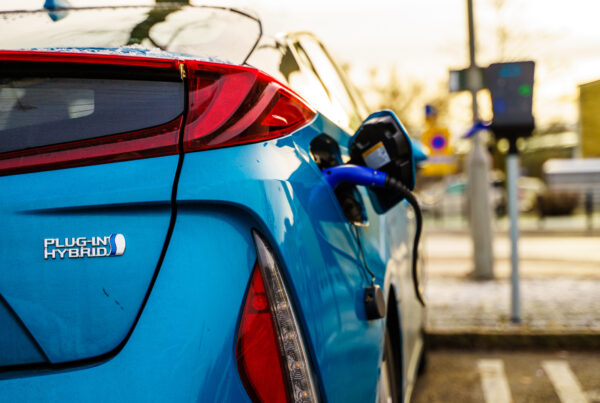The European Parliament has voted in favour of diluted changes to the proposed Euro 7 emissions regulations, following strong resistance from European carmakers. The amended regulations garnered 52 votes in favour and 32 against, with Members of the European Parliament (MEPs) successfully pushing for key alterations to the initial proposals.
Scheduled for adoption during the November 1, 2023 plenary sitting, the revised regulations will enter negotiations with European Union (EU) governments, marking a significant departure from the stringent emissions standards originally put forth in 2022.
The revised timeline now sets the repeal of current Euro 6 regulations on July 1, 2030, for cars and vans, and July 1, 2031, for buses and trucks. This extension, proposed by the European Parliament, contrasts with the European Commission’s earlier plan to enforce the changes in 2025 and 2027, respectively.
Alexandr Vondra, a member of the European Conservatives and Reformists Group, emphasized the need for a balanced approach. “We have successfully struck a balance between environmental goals and the vital interests of manufacturers,” he stated.
“Through our compromise, we serve the interests of all parties involved and steer clear of extreme positions.”
The amendments, influenced by eight car-manufacturing nations, including France, Italy, and Czechia, will maintain the current Euro 6 emissions rules for both petrol and diesel passenger cars and vans.
In addition to the regulations affecting traditional internal combustion engines, the spotlight has also been cast on electric vehicles (EVs). MEPs proposed even stricter rules for battery durability for vans and cars compared to the Commission’s initial suggestions. This includes aligning calculation methodologies and emission limits for tyres and brakes with standards developed by the United Nations Economic Commission for Europe.
The environmental focus extends to introducing additional pollution categories for light commercial vehicles. The adopted text proposes stricter limits for exhaust emissions for heavy-duty vehicles, particularly in real-world driving scenarios.
Furthermore, the MEPs have put forward various initiatives to combat pollution, including the implementation of an environmental vehicle passport. This passport would relay information on fuel consumption, emissions limits, battery health, and periodic technical inspection results.
To address the gradual deterioration of vehicle systems, stricter requirements have been proposed for pollution control systems and engines. The measures also advocate for the installation of onboard emissions monitoring systems, emphasizing accountability and transparency in emissions reporting.
Did you find this article interesting? Give it a ‘like’ by clicking the ‘heart’ button above!




















